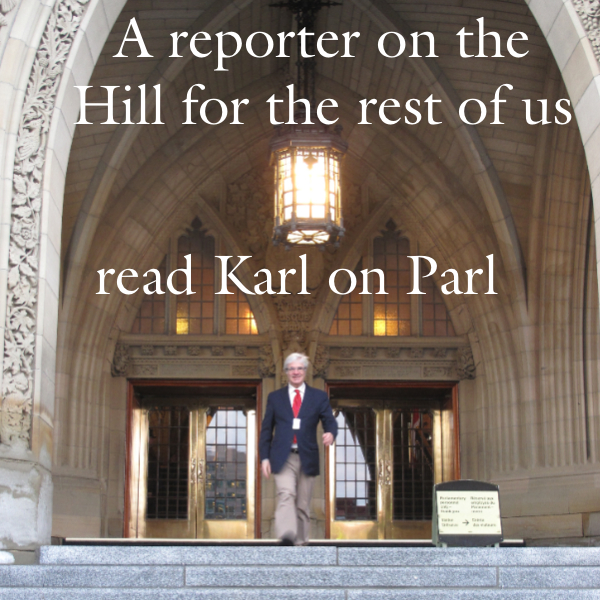When the founding leader of the Reform party, Preston Manning, retired from politics to start an Institute bearing his name, folks around him said the Manning Institute would not be a ‘think tank’ but a ‘do tank.’
The Institute that bears the name of one-time NDP leader Ed Broadbent has similar ‘do tank’ ambitions and they were on display this past weekend.
From Friday to Sunday, the Broadbent Institute held what was, in effect, its inaugural major event, the Progress Summit, in Ottawa.
The Summit brought together Canadian progressives — or, at least, people the Broadbent organizers consider to be progressive — with activists and politicians from the United States, Australia, Great Britain and France.
There was significant discussion of policy, including indigenous rights, the green economy, youth employment, income inequality and the future of manufacturing.
But there was also a strong focus on strategy and tactics.
The Broadbent Institute, like its counterpart on the Right, is all about linking theory with practice, ideas with action. And so, there were workshops and panels on everything from Google campaigns to options for a beleaguered labour movement to “lessons from winning progressive campaigns in the U.S. and Canada.”
That last panel paired British Columbia environmental campaigner Tzeporah Berman and one time NDP Quebec organizer Ray Guardia with two Americans: Erik Peterson, of the strategy and training institute named after the late Minnesota Senator Paul Wellstone, and Ashley Pinedo, who worked at the grassroots level on the 2012 Obama campaign in the key swing state of Florida (which Obama carried, as he had in 2008).
Peterson talked about something he called the Wellstone triangle (the grassroots, electoral politics and public policy).
Guardia and Pinedo told generally upbeat stories about the winning campaigns in which they had been involved.
Berman, however, struck a more sombre note. She said pointedly that the Right is beating “us” in the tactics department.
“We have been too focused on the air war, on a core team that sends out messages, and not sufficiently focused on the ground war, working at the people-to-people and community level,” she said.
The B.C. environmentalist advocated for smart and data-driven strategy.
“We should stop trying to talk to everyone,” she said, and use good data to focus on those groups who can be convinced.
“The Right is good at message control.” Berman sighed, “They know how to create an echo-chamber. We progressives are too invested in our own intellect. We become bored too quickly and move on to another topic.”
On this point, Berman seemed to be speaking from a wealth of bitter experience.
“Winning campaigns is not a function of policy, it is about motivation,” she noted, and then added that progressives are good at critiquing but “suck at proposing alternatives.”
On Sunday evening, a half day after the Summit, one of those too-many-to-remember CBC-TV panels, this one call “Three to Watch,” had a brief chat that brought Berman’s comment to mind.
The three young up-and-comers and CBC Sunday night news host Wendy Mesley were discussing the still fairly feeble public opposition to what the three seemed to agree is frightful legislation — the Harper government’s Fair Elections Act.
One panelist almost echoed Berman’s view when he observed that opponents of Fair Elections have not yet crafted effective messages.
They have not yet figured out how to motivate ordinary folks, he said, and that includes folks who might actually consider voting Conservative.
If the opponents of the Fair Elections Act want to have an impact, and maybe force major changes to the bill, they will have to campaign in a smarter and more effective way.
That, at least, is how this panel sees it.
It is also probably pretty close to what Tzeporah Berman would advise.



